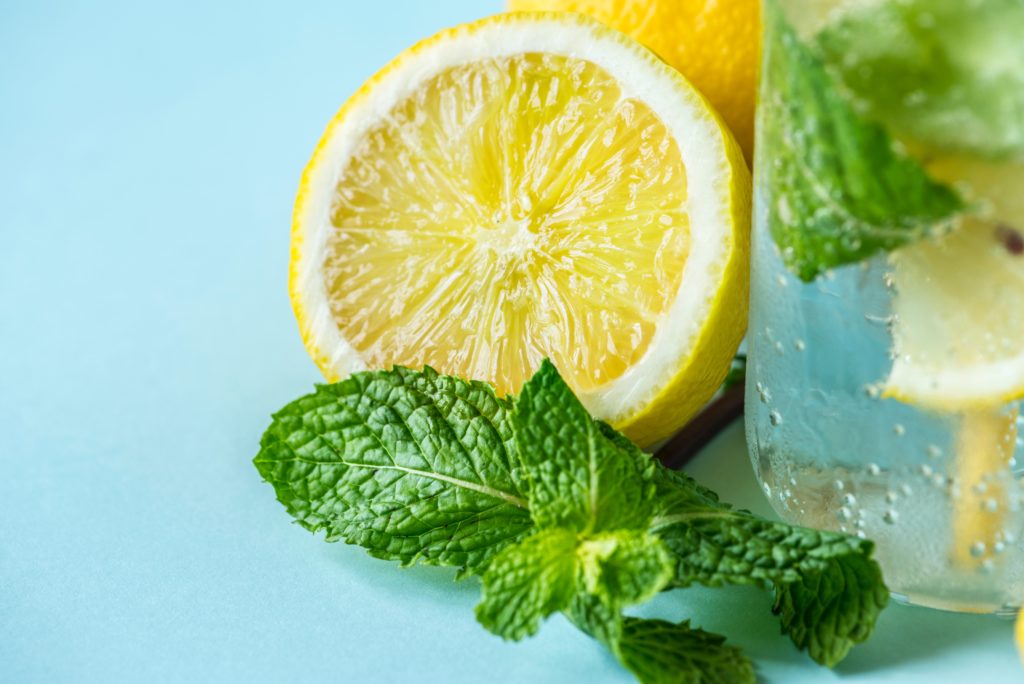This post contains affiliate links. Please read our disclosure policy.

Photo by rawpixel.com from Pexels
Last summer I spent five weeks in California helping my daughter prepare for my first grandson to be born. Stef’s mother-in-law kept talking about lemon balm and what a wonderful herb it is. I never really gave it much thought once I left California. The other day I came across lemon balm at a small farm store. After smelling it for a few minutes I decided to bring it home and learn more about it. Boy I was amazed to learn all of the benefits.
From the Mint Family:
Lemon balm is part of the mint family and has a mild lemon aroma. The leaves are the most beneficial part. They have been used in medicinal purposes all the way back to the middle ages. Doctors have long prescribed lemon balm as a natural remedy to improve sleep, reduce anxiety, heal wounds and promote longevity.
Here are just a few of the benefits:
- Improves your sleep quality with it’s mild sedative effect. Lemon balm promotes relaxation and helps you get to sleep faster. It has also been found to improve the quality of sleep in menopausal women.
- Helps with weight loss by reducing the activity of protein that are involved in fat production.
- Reduces inflammation.
- Assists in treating colic in infants.
- Improves memory and brain function. Lemon balm has been proven to increase the activity of neurotransmitters helping to fight some memory deficits associated with Alzheimer’s. Given that Lemon balm is an antioxidant it may be able to assist in protecting the brain against oxidative damage and neurodegeneration.
- Helps with anxiety due to a calming effect it produces. Numerous studies have found that not only does lemon balm relieve anxiety but it also can improve your mood and reduce stress.
- Reduces depression.
How do you grow Lemon Balm?
Depending on your soil and the amount of sunlight, Lemon balm can grow any where from 1 to 3 feet tall and wide. Lemon balm is very hardy, loves fertile & loamy soil. It has been known to survive through winters in zones 4 and 5. Even though Lemon balm loves moist soil, it has also survived in long periods of heat and drought.
When it comes time to harvest lemon balm you can harvest handfuls of fresh leaves for immediate use. You can also wait until the plant shows flower buds and harvest the leaves to be dried for tea or medicinal use. It is at this point the volatile oils in the leaves are at their strongest concentration.
Whether you use lemon balm in teas, jellies, dressings, dips, spreads or as a marinade, lemon balm offers so many benefits. You will be itching to grow it in your herb garden.
